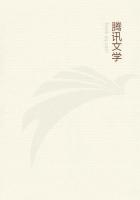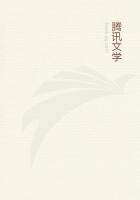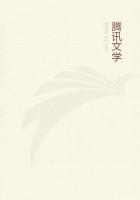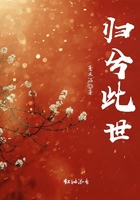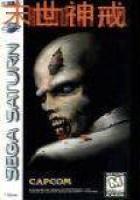For it was the saying among men, that it was better that she should remain unmarried, and all should look on her, than that she should pass from their sight into the house of a husband; since they held that her beauty was given to be a joy to all, like the beauty of the dawn and of the evening. Yet this beauty of Nada's was a dreadful thing, and the mother of much death, as shall be told; and because of her beauty and the great love she bore, she, the Lily herself, must wither, and the cup of my sorrows must be filled to overflowing, and the heart of Umslopogaas the Slaughterer, son of Chaka the king, must become desolate as the black plain when fire has swept it. So it was ordained, my father, and so it befell, seeing that thus all men, white and black, seek that which is beautiful, and when at last they find it, then it passes swiftly away, or, perchance, it is their death. For great joy and great beauty are winged, nor will they sojourn long upon the earth. They come down like eagles out of the sky, and into the sky they return again swiftly.
Thus then it came about, my father, that I, Mopo, believing my daughter Nada to be dead, little guessed that it was she who was named the Lily in the kraals of the Halakazi, and whom Dingaan the king desired for a wife.
Now after I had thwarted him in this matter of the sending of an impi to pluck the Lily from the gardens of the Halakazi, Dingaan learned to hate me. Also I was in his secrets, and with me he had killed his brother Chaka and his brother Umhlangana, and it was I who held him back from the slaying of his brother Panda also; and, therefore, he hated me, as is the fashion of small-hearted men with those who have lifted them up. Yet he did not dare to do away with me, for my voice was loud in the land, and when I spoke the people listened. Therefore, in the end, he cast about for some way to be rid of me for a while, till he should grow strong enough to kill me.
"Mopo," said the king to me one day as I sat before him in council with others of the indunas and generals, "mindest thou of the last words of the Great Elephant, who is dead?" This he said meaning Chaka his brother, only he did not name him, for now the name of Chaka was blonipa in the land, as is the custom with the names of dead kings--that is, my father, it was not lawful that it should pass the lips.
"I remember the words, O King," I answered. "They were ominous words, for this was their burden: that you and your house should not sit long in the throne of kings, but that the white men should take away your royalty and divide your territories. Such was the prophecy of the Lion of the Zulu, why speak of it? Once before I heard him prophecy, and his words were fulfilled. May the omen be an egg without meat; may it never become fledged; may that bird never perch upon your roof, OKing!"

